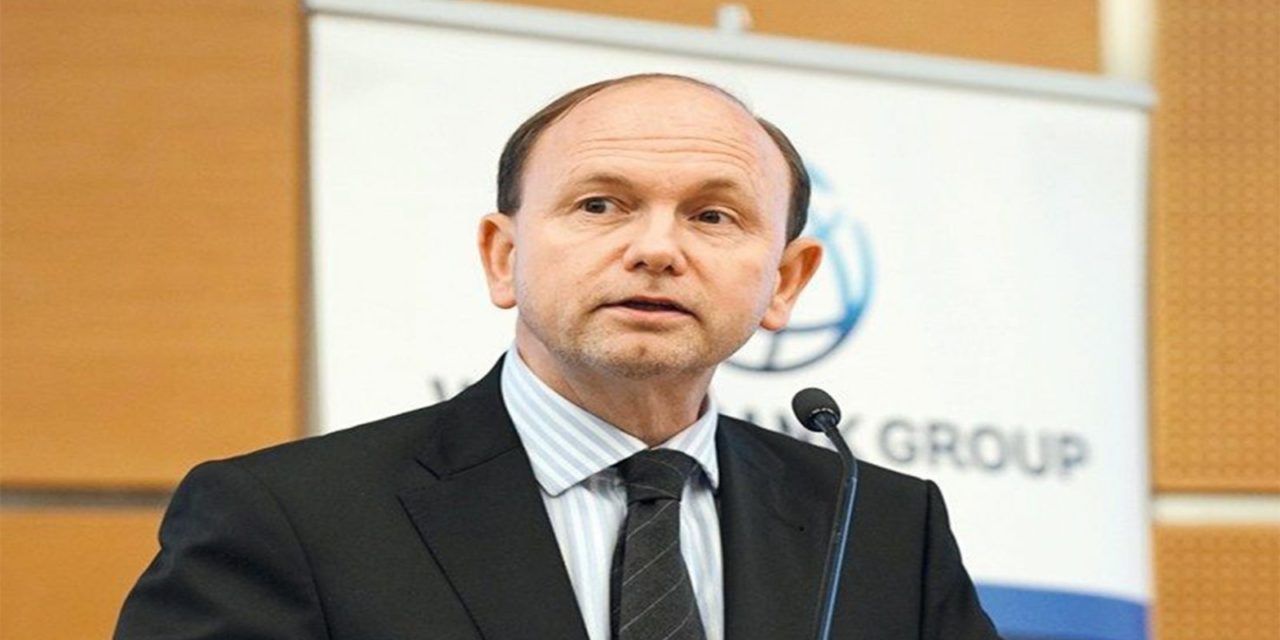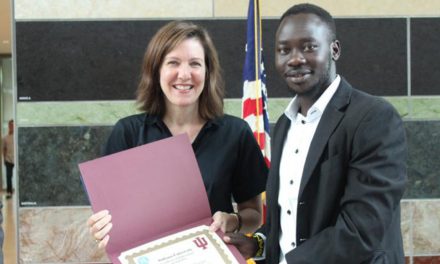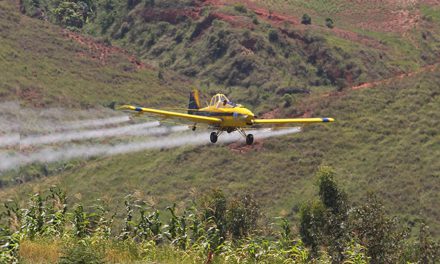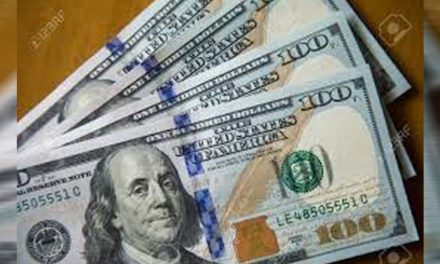
Oil, Agriculture, Peace key to South Sudan’s Economic recovery – World Bank

By Deng Ghai Deng
The latest World Bank economic report for South Sudan released Wednesday, says the country should leverage its natural capital in the agriculture and oil sectors to support the economic recovery and resilience.
Economic recovery has stalled in South Sudan amid a multitude of crises, including the COVID-19 pandemic, climate shocks, dwindling oil production, and most recently, rising commodity prices brought on by the war in Ukraine.
South Sudan remains caught in a web of fragility and economic stagnation a decade after independence due to weak institutions and recurring cycles of violence, the report says.
Firas Raad, the World Bank country manager for South Sudan, says peace and stability are the major drivers of a viable economy in the country.
Raad believes getting South Sudan to realize its potential in oil and agriculture will require consolidating peace and strengthening institutions, as well as targeted reforms to best use the country’s rich natural capital.
“Conflict was extremely costly in both humane and economic terms and the large driver of the growth in the South Sudanese contact could be peace and stability,” Raad said, adding from peace and stability, there are large economic dividends.
He said focusing on agriculture and oil and how oil can be used to transform not only the oil sector itself but drive growth in other sectors of the economy, was pivotal in South Sudan’s economic growth.
South Sudan’s economy is one of the least diversified in the world, with the oil sector contributing 90 percent of public revenue and almost all exports. However, the report says governance challenges limit the industry’s ability to help improve living standards for the people and sustain development.
Joseph Mawejje, the World Bank economist for South Sudan says the toll of the conflict on the economy was huge.
“What you see in South Sudan now could be three times more if there wasn’t conflict, with improved accountability and governance, the oil sector can do more.”
“With targeted investments and unlocking some of the binding constraints on agriculture, we can come out of the food insecurity trap that seems to get worse every year,” Mawejie said, emphasizing that the government should improve the oil sector governance by ensuring that all oil revenues and expenditures are on the budget and used effectively to achieve development goals.
In 2020, authorities in South Sudan initiated an ambitious reform program and modernization of the country’s financial management which eliminated the gap between the official and parallel exchange rates, and inflation declined.
Mawejie said authorities need to stay the course on this reform agenda because it is going to unlock some of the challenges the economic experts have been speaking about on governance, transparency, macroeconomic policies, and on having some rules-based policy-making in South Sudan.
South Sudan’s Petroleum Minister, Puot Kang, blames the economic meltdown on the lack of oil refineries.
“If the country had refineries, there would be enough hard currency to stabilize the economy,” Kang said, relishing that learning from other countries is the best way to assess and improve our petroleum and other relevant industries alike.
“If we are to learn from one another we need to measure, evaluate and compare the challenges and success we have accomplished throughout the years.”
“The current economic crisis mainly driven by the Ukraine-Russian war and the global pandemic may provide a window of opportunity to rethink our investment and priorities,” Kang said, adding that lack of economic opportunities and food insecurity are ise worse by inadequate government services, deficient infrastructure, and recurring climatic shocks.
The UN Office for Coordination of Humanitarian Affairs says South Sudan remains in a serious humanitarian crisis with some two-thirds of the population – 8.9 million people – in need of assistance in 2022, an increase of 600,000 since 2021.





















Recent Comments